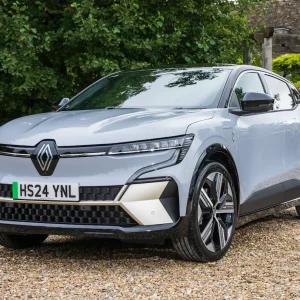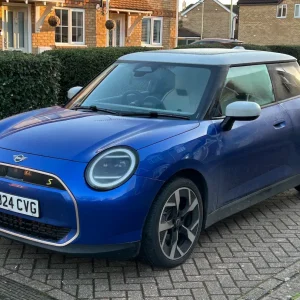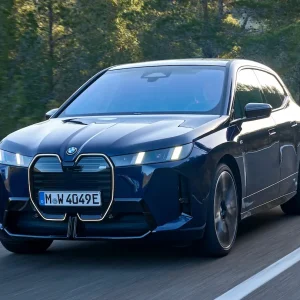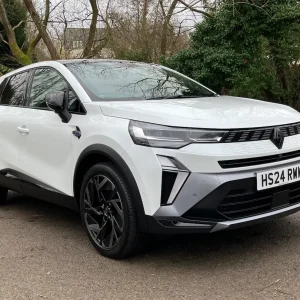The all-new Peugeot 208 has given the French brand the opportunity to make a substantial leap forward in the supermini sector.
This leap forward comes in several areas, but possibly the most important to fleets is that all the diesel-powered variants have CO2 emissions below 100g/km. The low figure is achieved through a combination of measures including more efficient engines, but it’s the substantial drop in weight – the new model is around 15% lighter than the outgoing car – that’s made the biggest difference.
The fleet mix for the new car’s predecessor, the 207, was ‘only’ 38%, and that’s a figure that is expected to be carried over for the 208. However, given the volumes involved – Peugeot hopes to sell a total of 40,000 208s in 2013 – the new model is an important vehicle in a sector that has seen the influence of fleet grow from 35% to 39% in the past year.
Available with a choice of three diesel engines, with power ranging from 70hp to 115hp, the stop/start semi-automatic-equipped 70hp 1.4 HDI has the lowest CO2 output of the range at 87g/km. This results in an official fuel figure of 83.0mpg and should keep it in the lowest 13% diesel benefit-in-kind tax band for a few years to come.
However, if fleets and drivers are after truly low tax payments then the new three-cylinder 68hp 1.0-litre petrol engine is the way forward. If you’re willing to take a cut in economy over the diesel to a still impressive 65.6mpg, then the 99g/km CO2 output drops the 208 into the lowest (without going hybrid or EV) 10% BIK banding. The result will be, for a 20% tax-payer, a bill of less than £20 a month.
To drive, the 208 hits that happy medium of being comfortable on bumpy roads and around town, but also fun on an open road. It is only let down by the steering feel when the wheel’s straight, the downside to which is that on the motorway you can need a higher level of small corrections to keep the car where you want it.
Inside, the dashboard is well thought out and styled and the dials are clear, plus interior space is good. While the car is a touch shorter than the outgoing 207, the boot space is increased to 285 litres with the seats up.
Peugeot expects the mid-level Active and Active+ trim levels to be the most popular thanks to an impressive kit list including air conditioning, alloy wheels, Bluetooth, cruise control and Peugeot’s Connect 7-inch touch-screen system, which offers a host of services, including a mapless navigation system, trip computer, fuel and parking points (including prices), Michelin guide information on points of interest and live traffic conditions. And because the screen is already built into the car, the upgrade to a fully mapped satnav is available for £400 – a far more competitive price than other manufacturer systems. Peugeot said the system will be available soon after the car’s launch.
Without prices, it’s difficult to conclusively say the 208 will be a segment leader, but if Peugeot is even vaguely competitive (and the brand has good form here) then the new supermini will not only worry rivals such as the Ford Fiesta and Vauxhall Corsa, but also the likes of the Kia Rio and Hyundai i20.
|
||||||||||||||||||||||||||||||||





